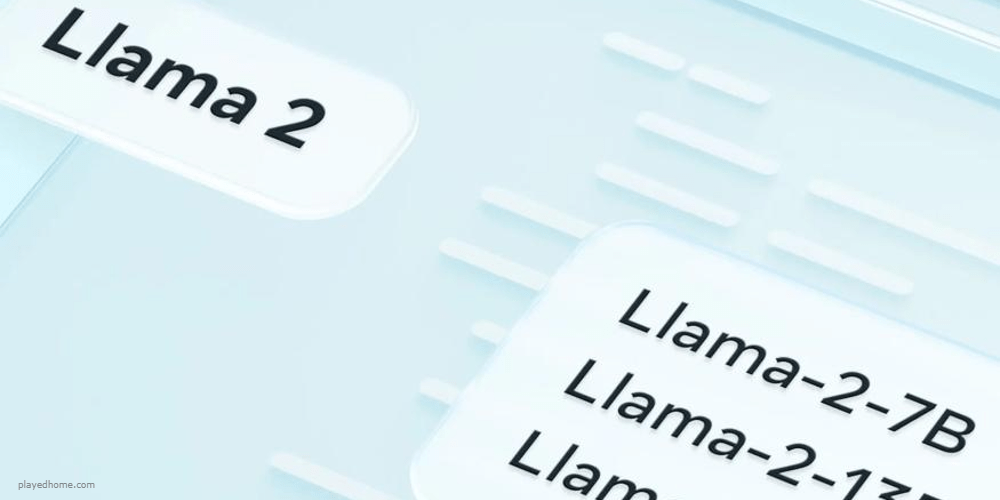Meta Announces New AI Models, Llama 2, to Boost Modern Chatbots
- Jul 19, 2023
- 450

Today, Meta, the social media technology giant, announced the launch of a new family of AI models, Llama 2, geared towards enhancing the performance of modern chatbots like OpenAI's ChatGPT and Bing Chat. Llama 2 is Meta's latest offering in the evolving landscape of AI technology, promising improved performance over previous models. It has been trained on a mix of publicly available data, reinforcing its capacity to generate more accurate and relevant responses.
Meta claims that the Llama 2 AI models significantly outperform their predecessors. This performance enhancement, according to Meta, is attributed to the diverse public data that the models were trained on. This approach ensures a broader understanding, enabling the models to generate more precise and contextually relevant responses, thereby improving the overall user experience.
The Llama 2 family of AI models comes in two variants - Llama 2 and Llama 2-Chat. The latter is specifically fine-tuned for two-way conversations, making it an ideal tool for driving modern chatbots. This specialization allows Llama 2-Chat to provide more engaging and interactive conversation experiences, which is a critical feature for effective chatbot services.
In addition to these two variants, Llama 2 and Llama 2-Chat are further subdivided into versions of varying sophistication based on the number of parameters. The versions include a 7 billion parameter model, a 13 billion parameter model, and a 70 billion parameter model. Parameters are the elements of a model learned from training data and essentially define the model's competency in solving a problem, in this case, generating text.
Llama 2's training was extensive, involving two million tokens where a token represents raw text. For instance, the word "fantastic" would be divided into "fan," "tas," and "tic." This training scale is nearly twice that of the original Llama, which had been trained on 1.4 trillion tokens. Generally, the more tokens used in training, the better the performance of generative AI. This approach is evidenced by Google's flagship large language model (LLM), PaLM 2, which was trained on 3.6 million tokens, and GPT-4, speculated to have been trained on trillions of tokens.
Despite this extensive training, Meta remains discreet about the specific sources of the training data. The company's whitepaper only reveals that the data is predominantly from the web and primarily in English. It also emphasizes that the data does not originate from Meta's own products or services and is of a "factual" nature. This approach ensures the neutrality and integrity of the training data, contributing to the model's superior performance.
In conclusion, Meta's introduction of the Llama 2 family of AI models marks a significant step forward in the realm of AI technology. The improved performance, combined with specialized versions, will undoubtedly enhance the operation of modern chatbots. As Meta continues to innovate in this space, users can look forward to even more sophisticated and engaging chatbot experiences.